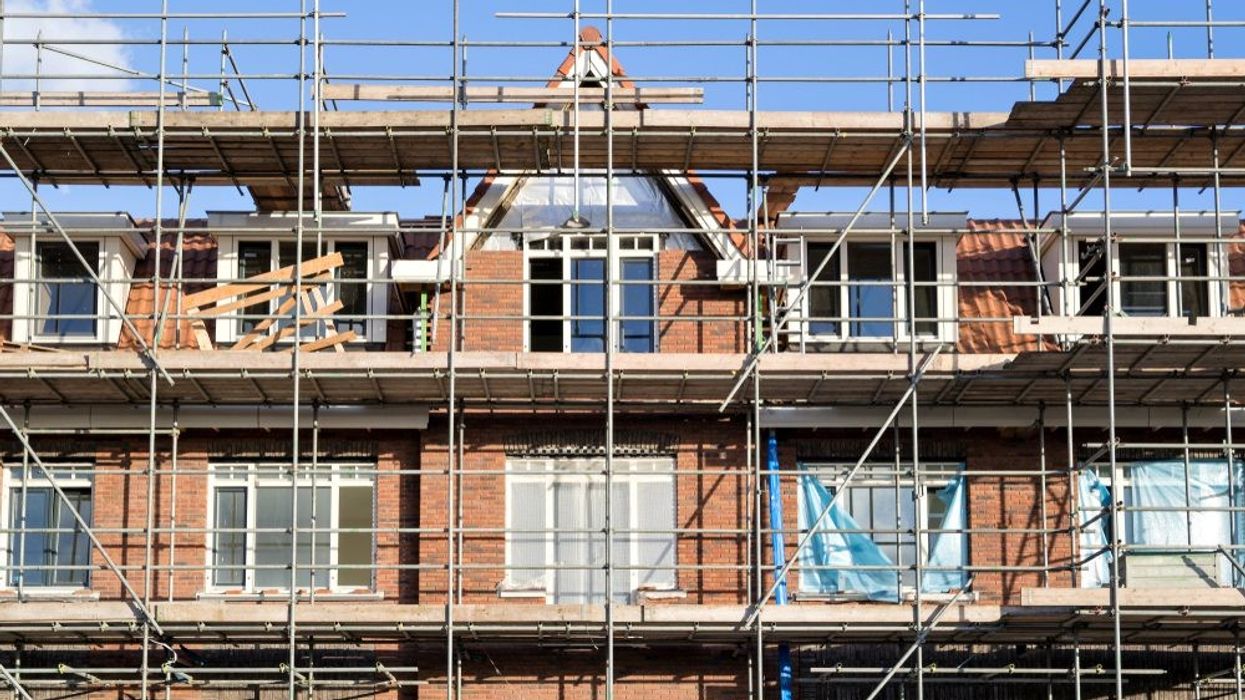On the first day of this year, the federal Prohibition on the Purchase of Residential Property by Non-Canadians Act came into effect. While the government’s stated intention was to make more of the existing housing supply available to Canadians by restricting new foreign buyers, the rules are structured in such a way that they will hamper much-needed investment in new housing projects, making Canada’s housing supply crisis worse, not better.
Limiting the ability of non-Canadians to purchase a home from Canada’s tight supply probably sounded like a reasonable measure in the middle of last year, when many seemed to agree that the housing market needed cooling. It made for good political sound bites, despite the fact that most foreign owners of residential property in Canada offer it for rent, thereby adding to the housing stock available to Canadians.
Unfortunately, limiting the purchase of existing homes by non-Canadians is not the only outcome of these new rules. Because of how they are worded, they also limit investment in new housing projects, threatening future supply. The act prevents Canadian companies, corporations and real-estate investment trusts with more than 3% foreign ownership from buying not only finished housing units — which was its declared purpose — but also vacant land that is zoned for housing and mixed use.
The legislation fails to acknowledge that the development industry, like virtually every other Canadian industry, relies on extensive investment and capital, often from foreign sources, to build the housing supply it makes available to Canadians and that vacant land zoned for residential and mixed use is where future housing is typically built. In other words, the seemingly helpful provisions of the act cut off access to funding and capital for future housing projects. Already dozens of projects and tens of thousands of planned units across the country — all of which would have helped expand Canada’s housing supply in the future — have been affected and/or cancelled.
The stated intention of the new rules was to make more homes from the existing supply available to Canadians by restricting new non-Canadian buyers for a period of time. The practical implication of the act, as currently structured, is to prevent Canadian builders and developers from accessing the necessary capital to build more homes, jeopardizing the future supply Canadians need. To avoid exacerbating Canada’s housing supply crisis, the federal government must re-write this legislation immediately.





















